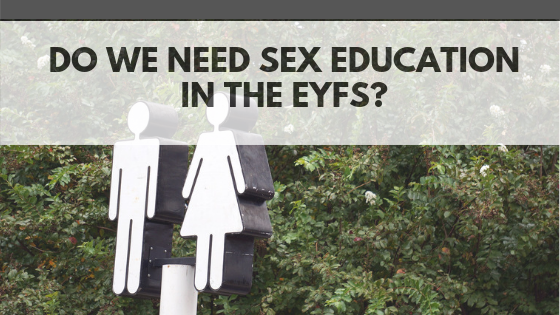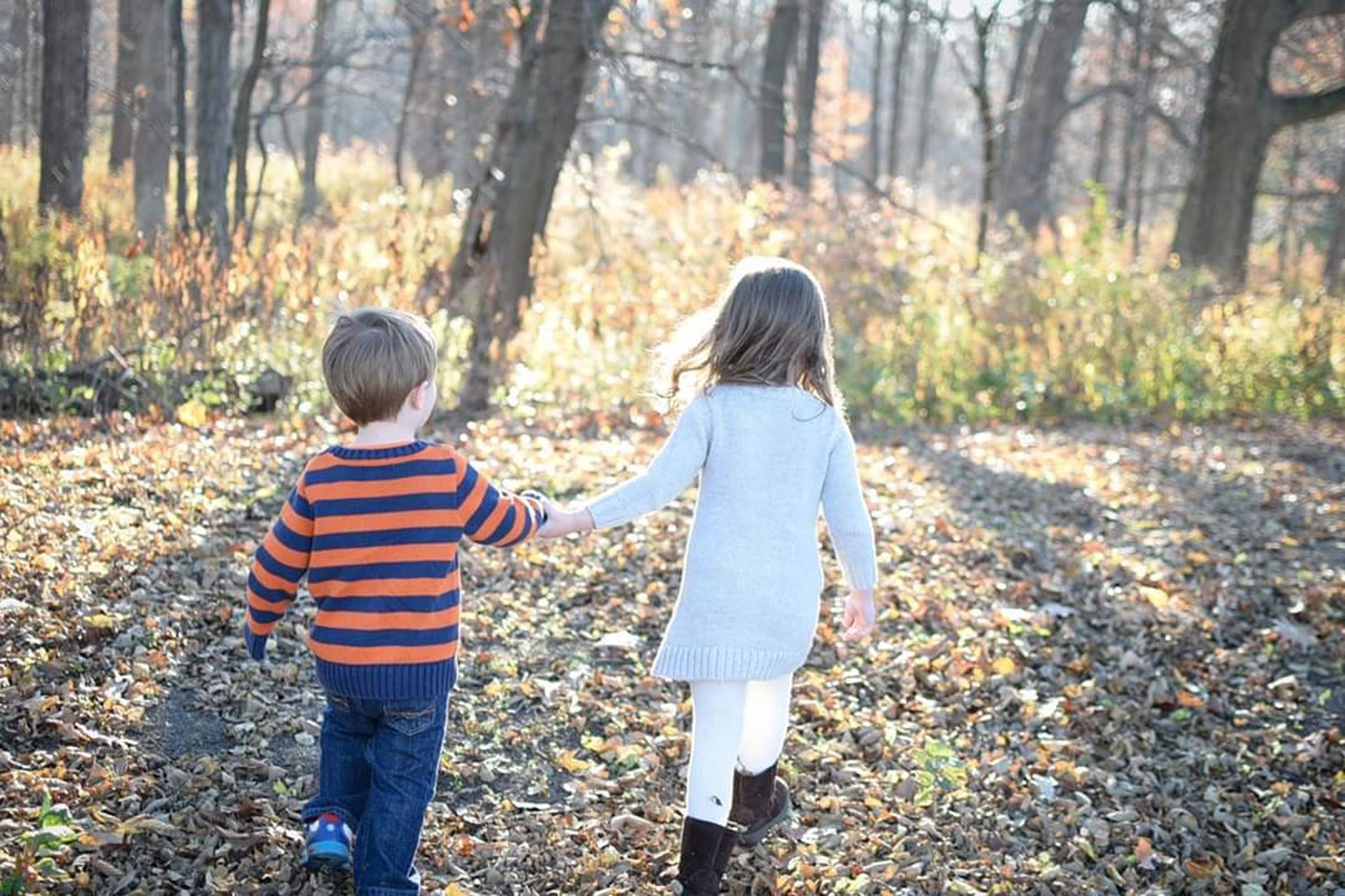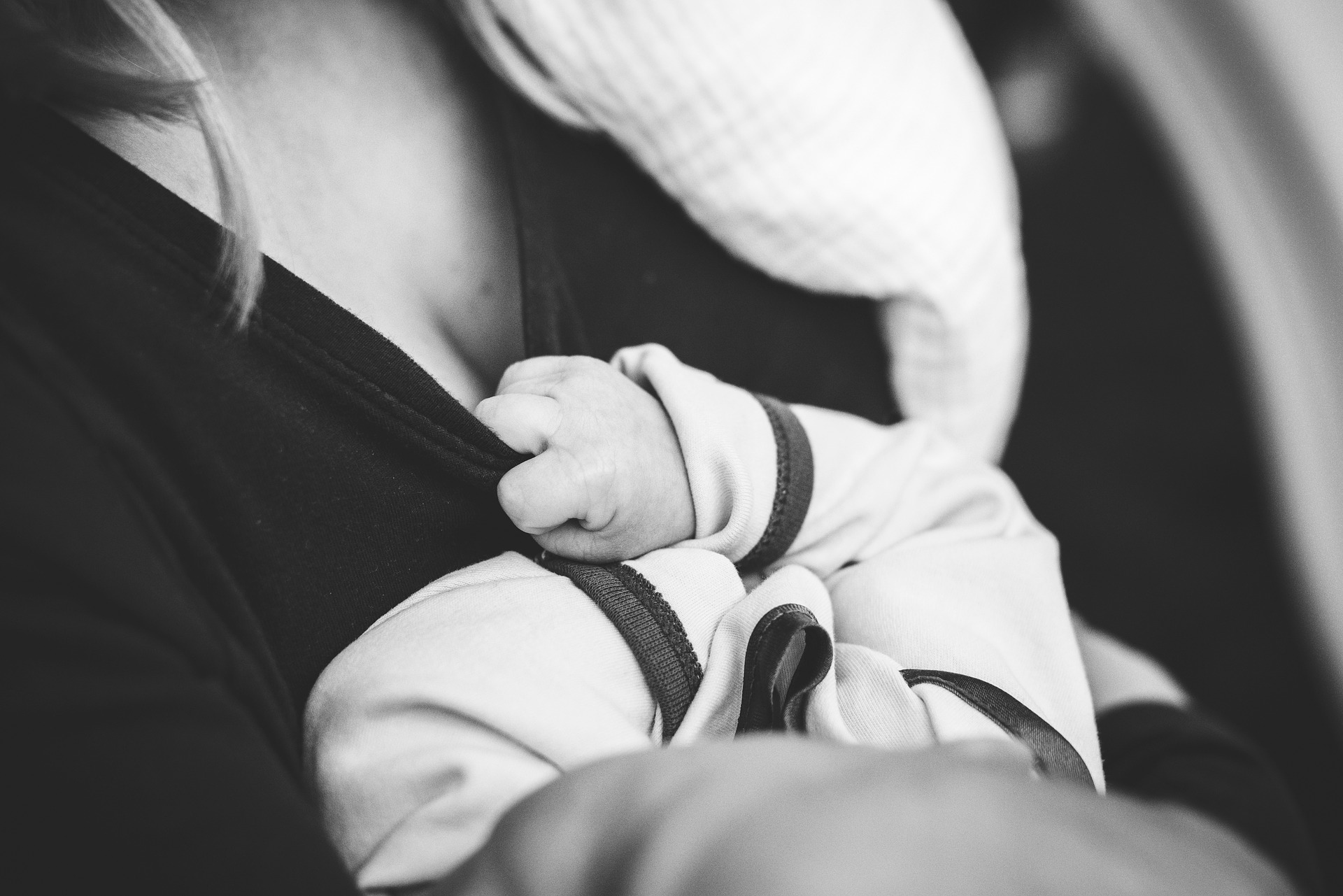When and how sex education is delivered has attracted a decent amount of media attention in the UK within the last year. In May, parents in Birmingham protested outside of schools, objecting to their children being taught about LGBTQ relationships. Many felt that sex education in primary schools was too much, too soon, raising placards with slogans like “Let kids be kids”
However, some estimates suggest that children are seeing pornography for the first time at around 8 years old. The widespread use of the internet has made pornography much more accessible than ever before, in fact, it is almost unavoidable. This is not to say that 8-year-olds are actively seeking out pornography but innocent internet searches can yield unexpected adult content, and pop up ads are not uncommon.
As children get older (and not actually that much older than 8) they become curious about how their body compares to others, and indeed, the mechanics of sex and often do use the internet as a tool to answer their questions. Unfortunately, sex education both at home and at school hasn’t kept pace and pornography has become a primary source of sex education for some young people. This has many issues in itself; online pornography is giving children and young people confusing, inaccurate and even dangerous messages about sex (Goodwin, 2019)
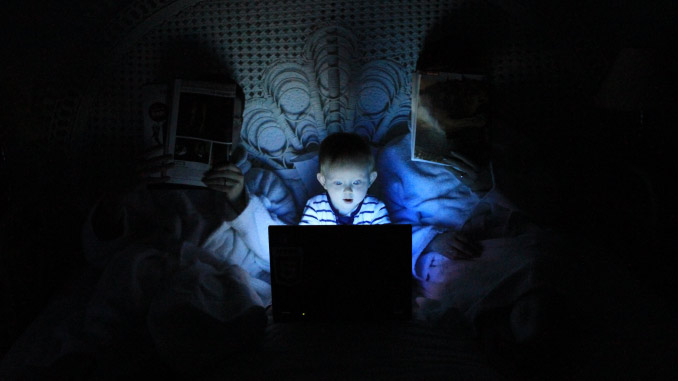
It’s important that the education sector, as a whole, tackles this, and responds appropriately. Having conversations earlier rather than later means that children can be armed with information before any issues arise. The benefit of talking to younger children is that they are less likely to take it as an accusation or invasion of privacy and are more likely to treat the topic neutrally and say what’s on their mind. (Steinberg 2011) Talking with children about sex and sexuality early in life pays dividends in the teenage years “your kids are probably going to feel more comfortable talking to you and asking you questions,” (Thornhill, cited by Kneteman, 2018)
Leading us to the question; do we need sex education in the Early Years Foundation Stage?
Well, the answer really is “it depends what you mean by sex education”
Many of us will think back to awkward lessons about puberty, or sessions in secondary school explaining the mechanics of sex, contraception and STIs. The main message seeming to be just don’t get pregnant or catch anything.
Thankfully Sex Education has come on in leaps and bounds over the last few years and now encompasses much more than this. In fact, most schools now call it ‘Sex and relationships’ education reflecting one of these changes; Sex education is no longer supposed to be about dealing with mechanics but with the relationships that run alongside it.
Do we need relationship education in the EYFS? Yes, absolutely!
Relationships
As children develop one of the main things that they learn is how to interact with, and make relationships with one another. Children are learning how to express their feelings appropriately, how to treat others and what love and loss feel like. All of this has major implications for later childhood and adolescence. It is why ‘Personal, Social and Emotional’ learning is named as a prime area in the EYFS.
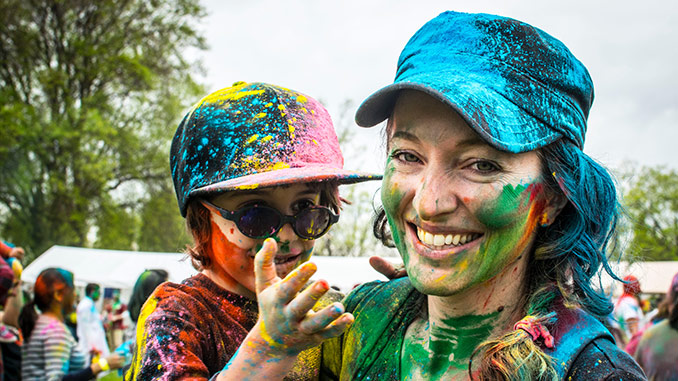
Consent
We can, and should, talk about consent in the EYFS. This doesn’t just mean in terms of sex, but, the child having a say in what they are comfortable with in all areas of life, and in having this respected.
Ultimately, we need to teach our children that the word “no” works as we seek to safeguard them against abuse. We need to teach our children that what happens to their bodies is their choice, even carrying out personal care for small babies can involve respect and choice, as we change nappies for example, we can tell them what we are doing “I’m going to change your nappy now” and ask “Is this okay?” of course, they may not reply but the atmosphere of respect is important in and of itself.
Choice about what happens to their body also needs to extend to affection, as much abuse starts as unwanted affection. It is so important that children grow up in an atmosphere where affection is something that is freely given out of choice, and not forced upon one another, making children hug when they don’t want to, or tickling when they say no are good examples of teachable moments surrounding consent in the EYFS. For example, if a child is tickling their brother whilst he shouts no or stop it, and adult can intervene; “Your brother has said No. You must stop. It’s his body and his choice.”
Much has been written about being forced to kiss or hug relatives, or sit on Father Christmas’ knee. These things are inconsistent with the idea of choice and being allowed to say no. When we make affection about an adult’s needs, or the idea of respect or being polite we open up a pathway for potential abuse. We don’t want teenagers to be worried about rejecting a kiss because they believe it is “rude” to do so, so we should be very deliberate about reinforcing this message with them as toddlers.
Questions and perceptions about bodies
Quite early on children are observant enough to notice differences between the bodies of males and females, and adults and children. They often have baby brothers, sisters and cousins and may ask questions about where babies come from, or be interested in how women breastfeed.
Talking positively about bodies, and answering questions about anatomy as straight-forwardly as possible helps children to understand basic differences and to not feel shame about their bodies.
In terms of safeguarding children, it is important to emphasise that some areas of the body are private. The NSPCC have produced some fantastic resources to help have these conversations and keep children safe from abuse.
Family differences
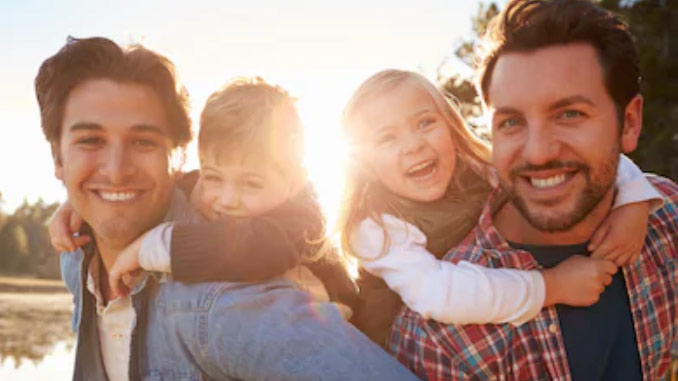
Just as children may notice differences in anatomy, they may also notice differences in family makeup and ask questions about this too. For example, single parent households, same-sex couples or grandparents having custody. These are all good opportunities to discuss and build understanding. Children are naturally very tolerant of difference and will usually accept a matter-of-fact explanation. For settings in the UK there is a requirement to promote British Values, one of which is mutual respect and tolerance, having these low-key discussions as they arise is a way to achieve this.
It’s very easy to get caught up in the idea of sex education as this big, wholly other thing and give the “Let kids be kids” line, but much of what we already do in the EYFS lays the ground work for open discussion further down the line. Sometimes our own experience of talking about sex, or even our bodies, openly has been limited and we carry this into our relationships with young children but we need to open up the conversational lines in the EYFS so that as they get older children understand that it’s okay to ask questions, or need information.
Reference:
Goodwin, K. (2019) The Naked Truth: Kids, Teens, Pornography and Screens. Retrieved from https://drkristygoodwin.com/the-naked-truth-kids-teens-pornography-and-screens/
Kneteman, L. (2018) How to talk to your kids about sex: An age-by-age guide retrieved from
https://www.todaysparent.com/family/parenting/age-by-age-guide-to-talking-to-kids-about-sex/
NSPCC (n.d) Pants Teaching resources retrieved from https://learning.nspcc.org.uk/research-resources/schools/pants-teaching/
Steinberg (2011) Talking to Your Teen About Sex: It’s time to talk to your teen about you-know-what. Retrieved from https://www.psychologytoday.com/us/blog/you-and-your-adolescent/201102/talking-your-teen-about-sex

